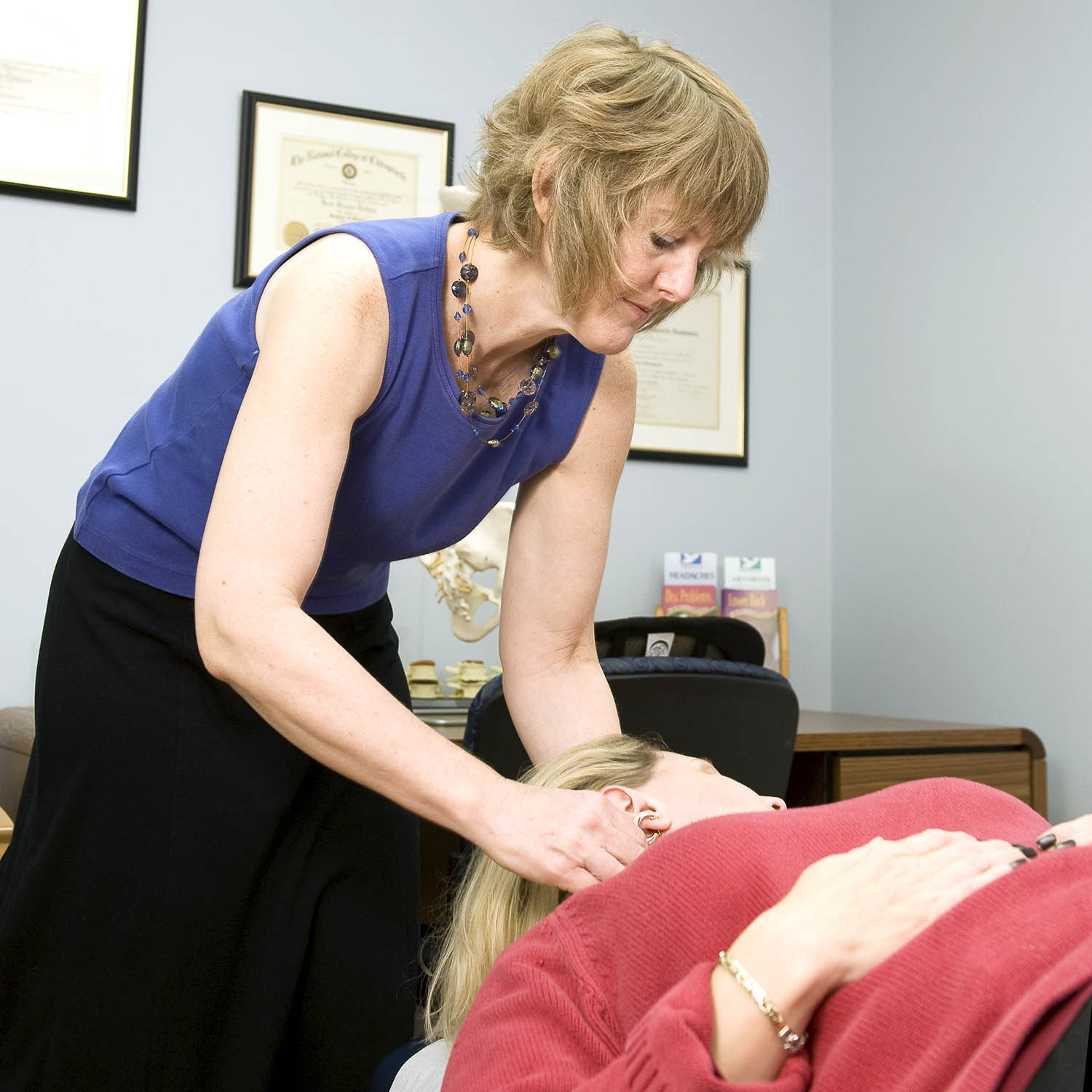

Health care providers’ credentials—the licenses, certificates, and diplomas on their office walls—tell us about their professional qualifications to advise and treat us.
Credentials is a broad term that can refer to a practitioner’s license, certification, or education. In the United States, government agencies grant and monitor licenses; professional organizations certify practitioners.
Certification can be either a prerequisite for licensure or, in some cases, an alternative. To get certified or licensed, practitioners must meet specific education, training, or practice standards. Being licensed or certified is not always a guarantee of being qualified.
State laws vary widely in the services they allow complementary health practitioners to offer. For example, a national survey of laws governing chiropractic showed substantial differences among states in the number of services and practices that chiropractors are allowed to perform.
Professional organizations in some complementary health professions offer certification examinations to graduates of accredited education and training programs. Certification may play a role in qualifying graduates for state licensure.
For example, in most states acupuncturists must be certified by the National Certification Commission for Acupuncture and Oriental Medicine or pass that organization’s exams to be licensed. Some of the other professional organizations involved in certification include the National Certification Board for Therapeutic Massage & Bodywork, the National Board of Chiropractic Examiners (NBCE), and the North American Board of Naturopathic Examiners.
Schools and educational programs across the country train complementary health practitioners and prepare them for certification in their field. The U.S. Department of Education authorizes specific organizations to accredit education or training programs. For example, it has authorized The Council on Chiropractic Education to accredit chiropractic colleges and the Accreditation Commission for Acupuncture and Oriental Medicine to accredit acupuncture programs.
The requirements for treating patients vary considerably from state to state and among the different practices.